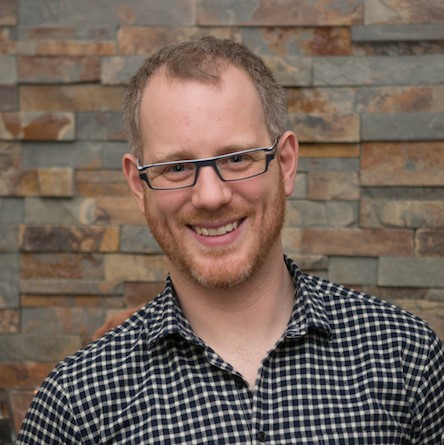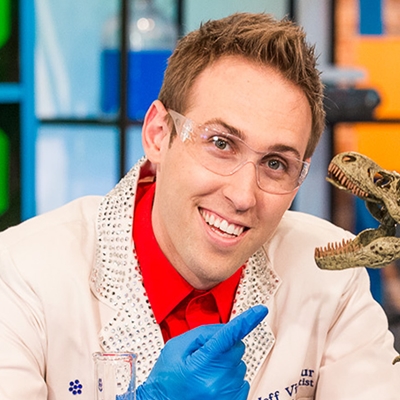Other Speakers for the Lenovo Scholar Network
Laura Laltrello, Lenovo - Vice President & General Manager, Data Center Services; Lenovo
Colleen Devery – Assistant Vice President, Strategic Alignment; NAF
50-minute breakout session
Presentation Title: Preparing the Next Generation to be STEM Ready
Presentation Abstract: Since fall 2012, NAF, Lenovo, and MIT App Inventor have partnered to provide exposure and encourage interest among high school students in STEM. This program, called the Lenovo Scholar Network, is designed to enable the next generation of developers and entrepreneurs from underserved communities. Open to students in all types of NAF academies, including: finance, information technology, health sciences, hospitality and tourism, and engineering, the Lenovo Scholar Network has extended STEM opportunities to more than 5,000 participating students nationwide.
In conjunction with the Massachusetts Institute of Technology, MIT App Inventor, a project within the MIT Computer Science and Artificial Intelligence Lab (CSAIL), Lenovo Scholar Network students also have the opportunity to use MIT App Inventor to develop Android mobile apps using Lenovo devices as part of an annual app challenge.
Additionally, students have the opportunity to participate in a variety of work-based learning opportunities including worksite tours, mock interviews, internships, and more.
Experts from NAF, Lenovo, and MIT App Inventor will join together for a panel discussion to explain how they work together and what makes the project successful from each perspective. Topics will include the benefits of students working on meaningful projects that provide real-world solutions; the importance of businesses shaping the future talent pipeline; as well as key resources that educators can access.
Attendees will take away best practices around the power of partnership for the benefit of ALL students.
Biography: Mike Tissenbaum is a learning research scientist with the App Inventor team at MIT’s Center for Mobile Learning. Mike’s research, which focuses on collaborative learning and knowledge communities, aims to understand how children develop STEM and computational literacies when engaged with technology-enhanced learning. More broadly, Mike’s work focuses on how to design transformational learning environments that combine interactive physical spaces, digital information, and collaboration between learners to envision the future of learning both in and out of schools. Mike has developed several theories on how students collaborate and learn in open-ended and exploratory learning environments.



